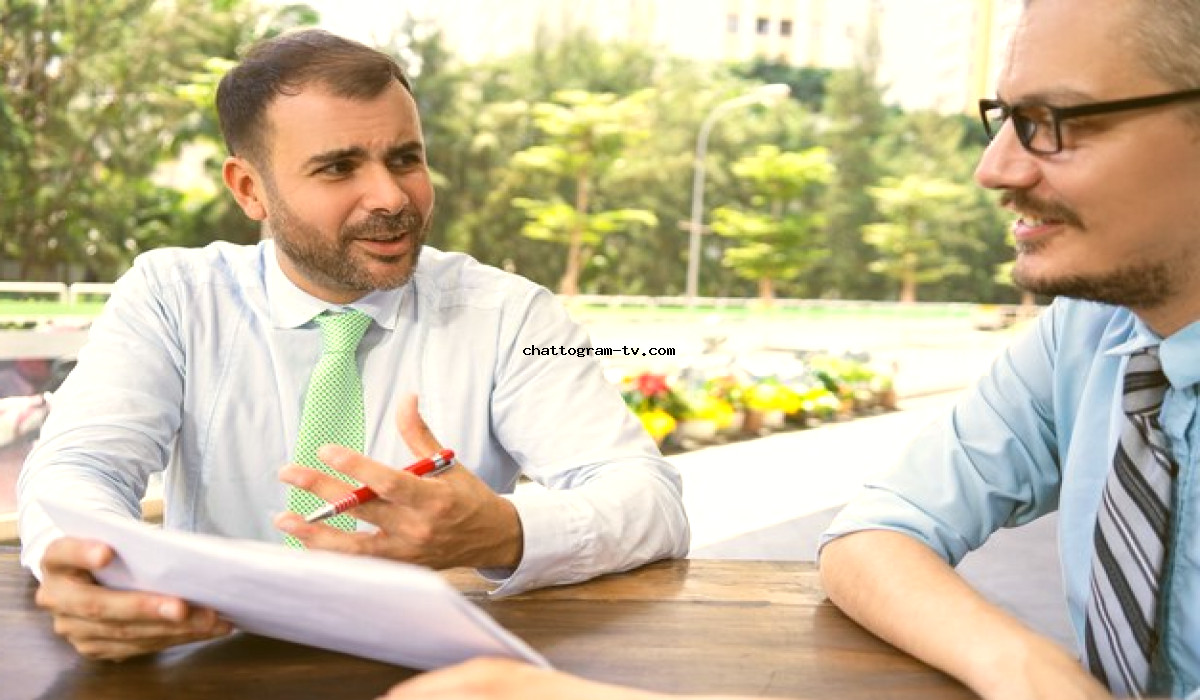What really matters at the end of life? No matter how healthy a life one lives, everyone will have an end. Death is the conclusion of every human life.
What Really Matters at the End of Life?
Even though many talk about the inevitable end of life, few stop and consider what really matters at the end of life. What is important to you during your last days, or when considering a legacy to leave behind? This blog post hopes to clarify the importance of such matters.
The Aging Process
The first hurdle one must tackle when considering what matters at the end of life is the natural aging process. The aging process affects our physical, mental, and emotional well-being, and should be taken seriously. It can be a source of stress, both for the individual and for their loved ones, who may be helping to care for them.
Physically, the aging process can lead to decreased mobility and independence, as well as a decline in strength and energy levels. These changes can affect our ability to do everyday activities such as grocery shopping and cleaning the house. Other physical ailments, such as weakened immunity or increased risk of falls, can increase during this time.
Mentally, the aging process can mean slower response and information processing times, as well as reduced memory functioning. These mental changes can often be the most difficult for elderly individuals to manage, as they may lead to a feeling of helplessness and extreme loneliness.
Emotionally, aging can lead to feelings of sadness, loneliness, and isolation. This is largely due to the fact that elderly individuals may no longer be able to do things they once did with ease and tend to feel a sense of loss at these changes. Additionally, emotional changes can bring on feelings of confusion or depression, which can be very hard to cope with.
Dealing With Loss
As we age, we must face losses in many aspects of our lives. The loss of our loved ones, the loss of our physical or mental strength, the loss of our independence, or even just the loss of time can be hard to cope with. We must learn to accept these losses and come to terms with them in order to truly appreciate life. It is possible to grieve and still remain positive. It can take time and effort to adjust to these losses, but learning to accept them is the first step in finding peace and joy in life, even at its end.
Making Memories
Making memories is an important part of life. In the face of loss, we must do all we can to make new memories and to cherish the memories we already have. We can honor our loved ones with little things like wearing their favorite color, or simply just talking about them. We can focus on all we have gained from our life experiences, from the good and the bad. These memories will be our legacy, so take the time to look through old photos, read old letters, or go to places that remind you of happy times.
Creating a Sense of Purpose
It is important to create a sense of purpose in life. This can be accomplished in many ways, and it does not have to be something big like inventing a new form of technology. It can be as simple as writing a letter to someone, or simply helping out a friend or a family member. Anything that makes you feel like you have done something meaningful and worthwhile can be a source of satisfaction and contentment.

Another way to create a feeling of purpose is to take the time to help others. There are so many altruistic activities people can do, from picking up litter in your neighborhood to volunteering at your local library or food bank. Doing something that adds value to the world, no matter how small, can create that sense of purpose and give a sense of accomplishment.
Quality of Life
At the end of life, quality of life is the most important. Everyone wants to be able to enjoy the time they have left and to make the most out of it. This means making sure to make the moments as pleasant as possible, even if they are small. For instance, taking the time to go for a walk or to watch a favorite movie, or even just talking to someone who is meaningful to you can be incredibly valuable. Even if life’s activities can be limited by age and illness, there are still ways to make the most of one’s time.
Having a Plan
We can’t accurately predict how long we will live, but having a plan for the future can help us prepare for the unexpected. This ensures that we can be ready in terms of finances, medical care, and even funeral arrangements. It is important to discuss and plan for these matters in advance, so there is less of a burden on our loved ones.
Things to Have and Provide
When facing the end of life, it is also important to consider the things we need and those we want to provide. This could mean considering the type of medical care we would like to receive, or the type of memorial services we may want to hold. It is also important to think about leaving a legacy behind that signifies our values and accomplishments in life.
Living Life to the Fullest
At the end of the day, what is most important is that one lives life to the fullest. Even if time feels limited, it is still possible to appreciate the little moments and find joy in the here and now. It is important to be mindful of our mortality and think about how we want to spend our time. Try to make time for the things that truly matter to you and engage in activities that give you fulfillment. This is how to make the most of the time we have left.
FAQs About What Really Matters at the End of Life
What Are the Effects of the Aging Process?
The aging process can lead to physical challenges, such as reduced mobility and strength, as well as mental and emotional changes. As one ages, they may experience slower response and information processing times, as well as a decline in memory functioning. Additionally, emotional changes can bring on feelings of sadness, loneliness, and isolation.
What Should One Do When Facing Loss?
When facing a loss, it is important to try and accept the situation and come to terms with it. It can take time to adjust to these losses, but learning to accept them is the first step in finding peace and joy in life. Additionally, making new memories and cherishing the memories we have can be a source of comfort when confronting a difficult situation.
How Can One Find a Sense of Purpose?
Finding a sense of purpose can come from doing small things that make us feel fulfilled. This could mean sending a letter to someone, helping a friend or loved one, or spending time out in nature. Additionally, helping others can be an immense source of satisfaction and can add meaning to life.
What Should One Consider When Thinking About Quality of Life?
When considering quality of life, one should prioritize activities that make them feel good. Even if activities are limited due to age or illness, it is still possible to make the most of one’s time. Taking the time to go for a walk, watch a favorite movie, or talk with a loved one can provide immense satisfaction.
What Are the Benefits of Having a Plan?
Having a plan for the future can help us prepare for the unexpected. This can include matters such as finances, medical care, and funeral arrangements. It is important to discuss and plan for these matters in advance, so there is less of a burden on our loved ones.
What Should One Have and Provide?
When approaching the end of life, it is important to consider the things we need and what we want to provide. This could mean considering the type of medical care we would like to receive, or the type of memorial services we may want to hold. It is also important to think about leaving a legacy behind that signifies our values and accomplishments in life.
What is the Most Important Part of End of Life?
The most important part of the end of life is to live it to the fullest. Even if time feels limited, it is still possible to appreciate the little moments and find joy in the here and now. It is important to be mindful of our mortality and think about how we want to spend our time doing activities that truly give us fulfillment.
